A good night’s sleep does wonders for the brain. It increases your focus and gives you a boost of energy. But there are times that you lose sleep and it leads to poor productive days, headache and even restlessness. Thus, If you’re looking for a good night’s sleep, you might want to consider adding some plants to your bedroom.
“A plant in every room is said to bring good luck.”
Plants can help improve the quality of your sleep by reducing stress and promoting relaxation. Here are some of the best plants for promoting a good night’s sleep:
1. Lavender
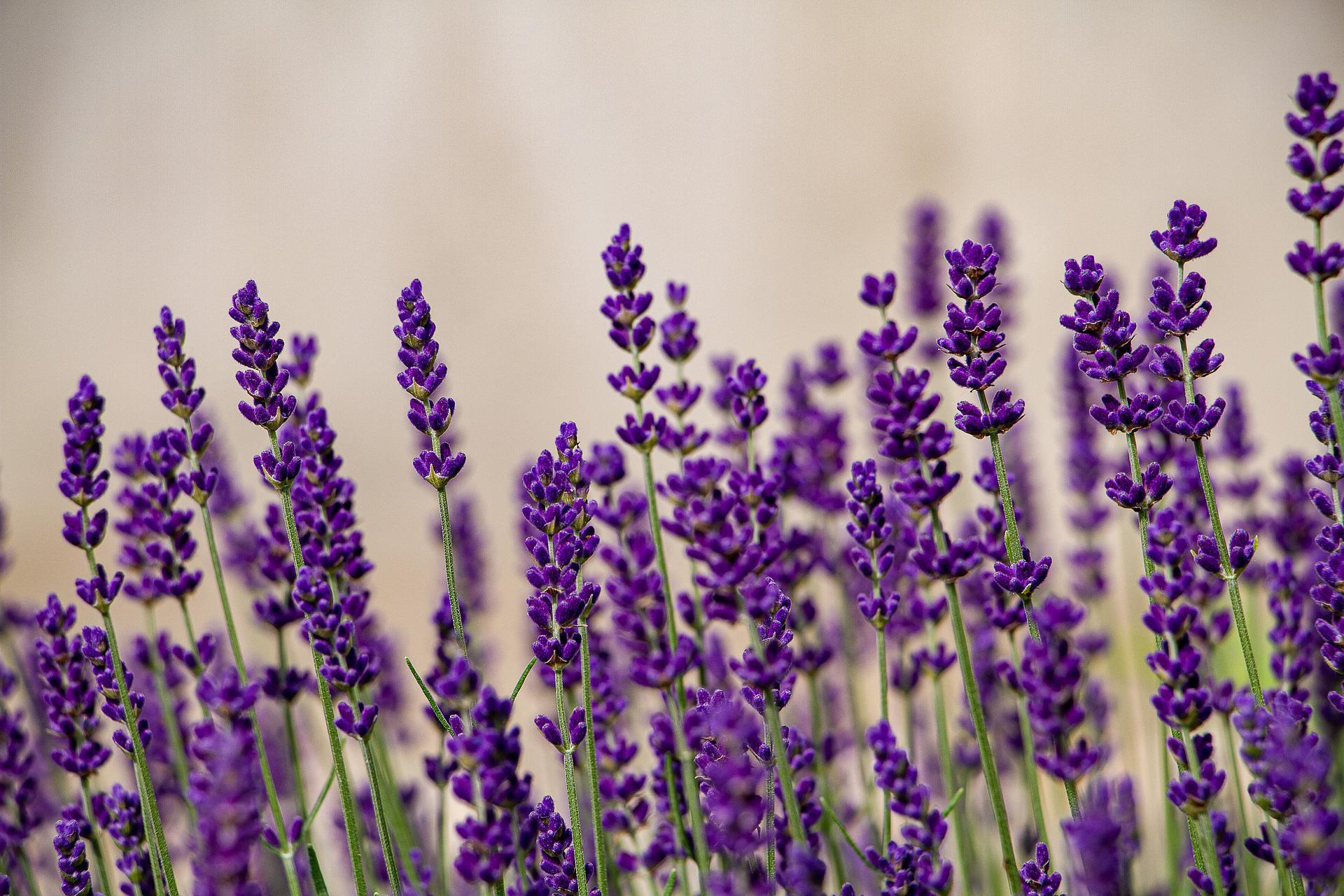
Credit: Pixabay
Lavender is a popular choice for promoting relaxation and sleep. It’s been used for centuries to help people wind down before bed. Lavender can be used in several ways to promote sleep. You can add a few drops of lavender essential oil to your diffuser, or put a lavender sachet under your pillow. You can also grow lavender in your bedroom.
2. Valerian
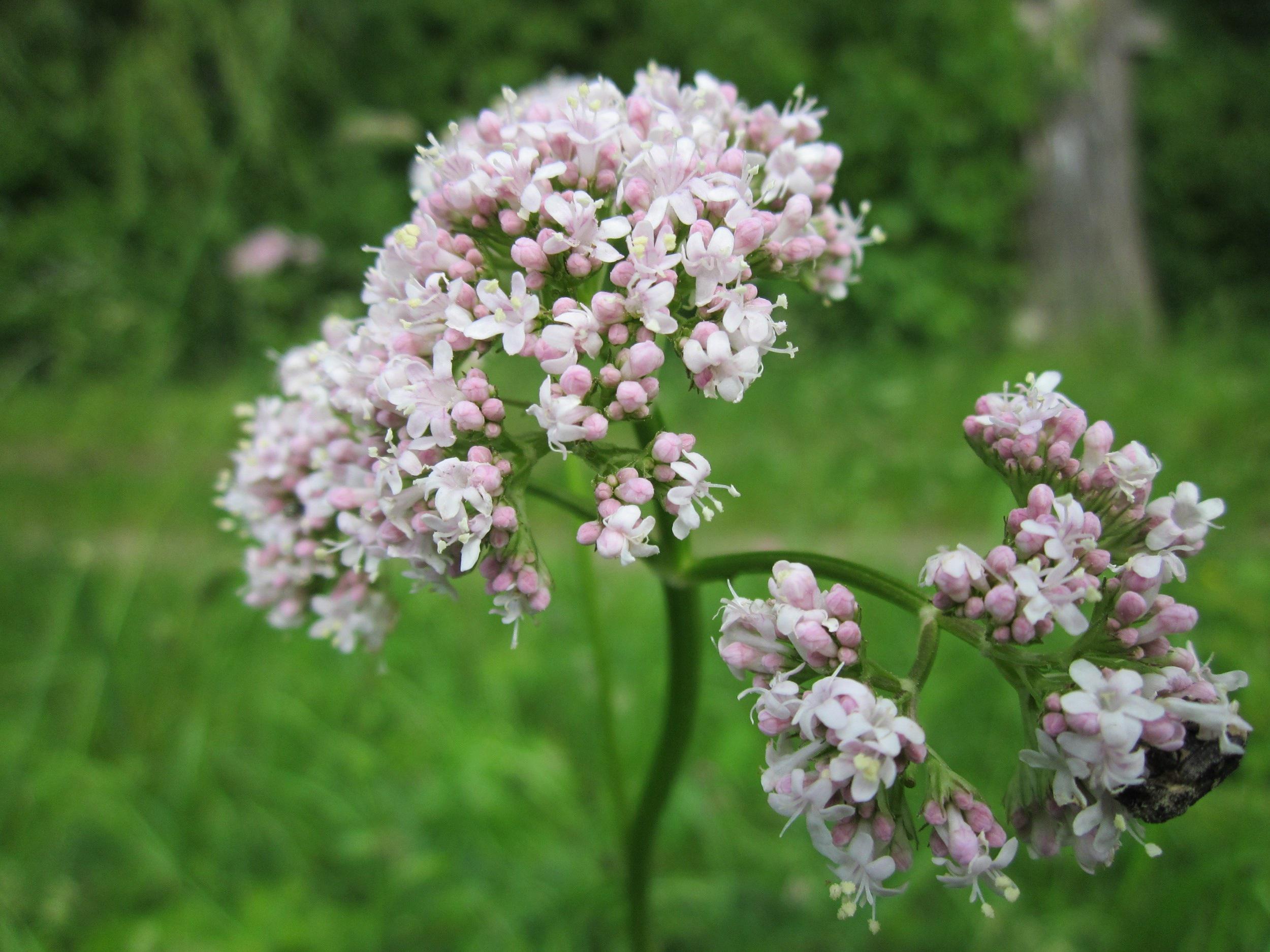
Credit: Pixabay
Valerian is another plant that has been used for centuries to promote sleep. It’s thought to work by increasing levels of gamma aminobutyric acid (GABA) in the brain, which has calming effects. You can take valerian as a supplement, or steep it in hot water to make a tea.
3. Chamomile
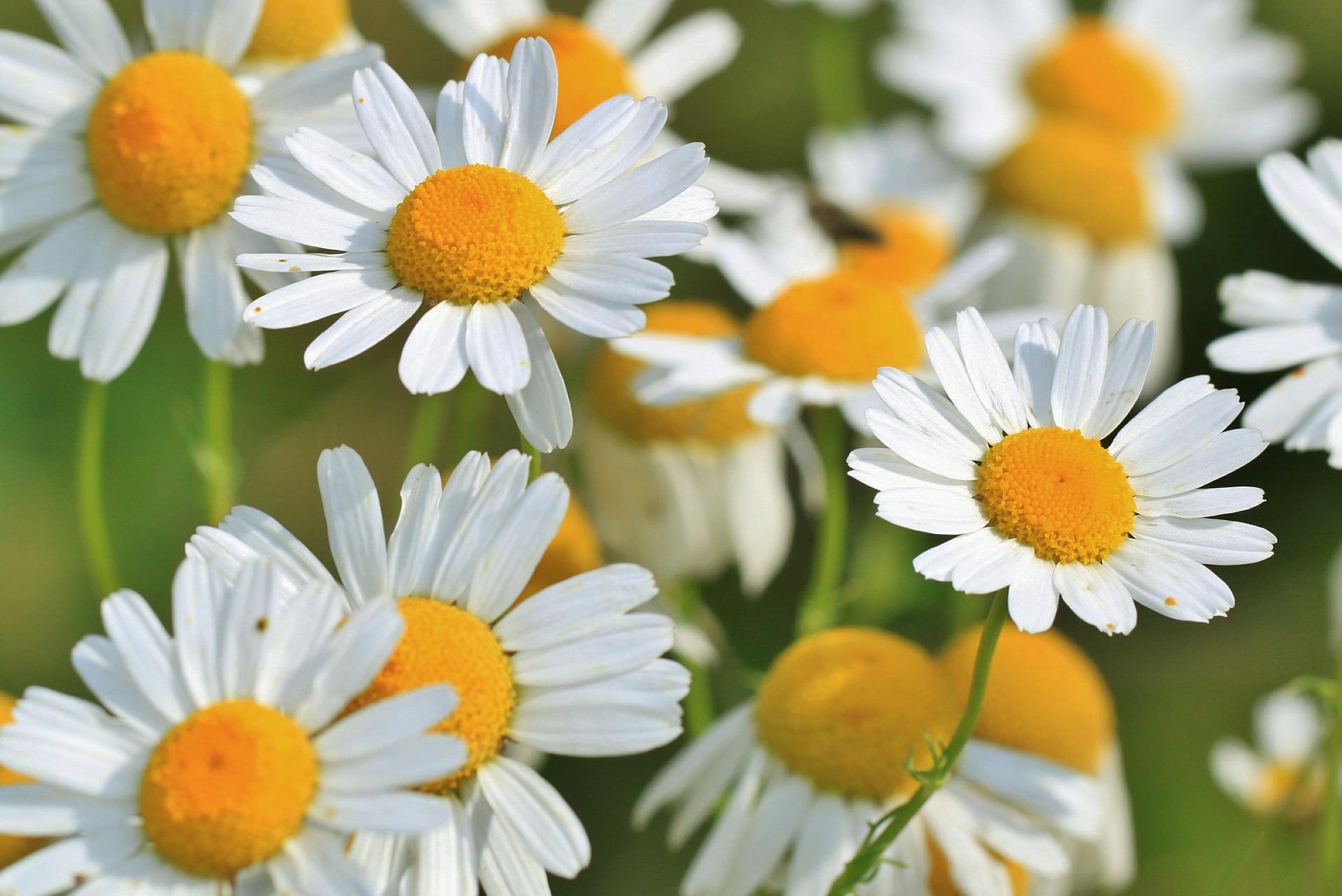
Credit: Pixabay
Chamomile is a popular herbal tea that is often used to promote sleep. Chamomile contains a compound called apigenin, which has sedative effects. Chamomile tea can be brewed using fresh or dried chamomile flowers.

4. Passionflower
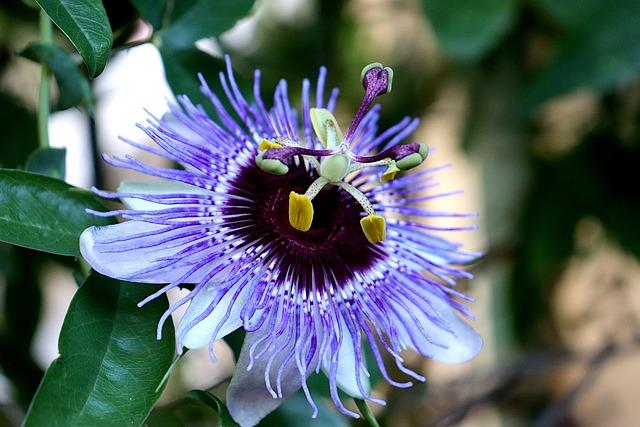
Image by Jacques GAIMARD from Pixabay
Passionflower is another plant that contains sedative compounds. It’s often used as a natural remedy for insomnia. Passionflower can be taken as a supplement or tea.
5. Magnolia
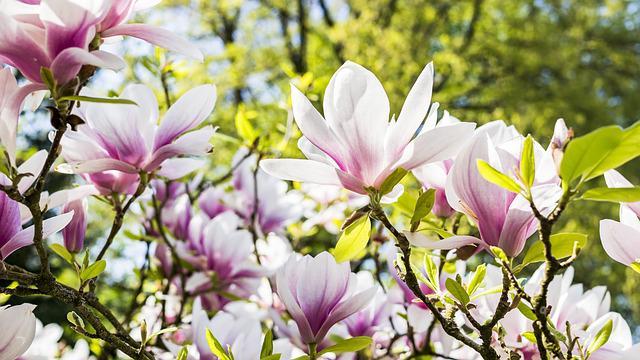
Image by Felix-Mittermeier.de from Pixabay
Magnolia bark extract has been used in traditional Chinese medicine for centuries to promote sleep. It’s thought to work by increasing levels of GABA in the brain. Magnolia bark extract can be taken as a supplement or tea.
6. Honeysuckle
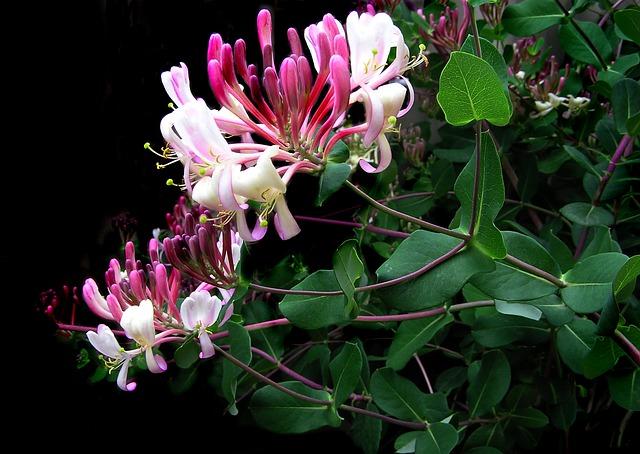
Image by Beverly Buckley from Pixabay
Honeysuckle is a plant that has been used in traditional Chinese medicine to treat insomnia. Honeysuckle tea can be brewed using fresh or dried honeysuckle flowers.
7. Lemon Balm
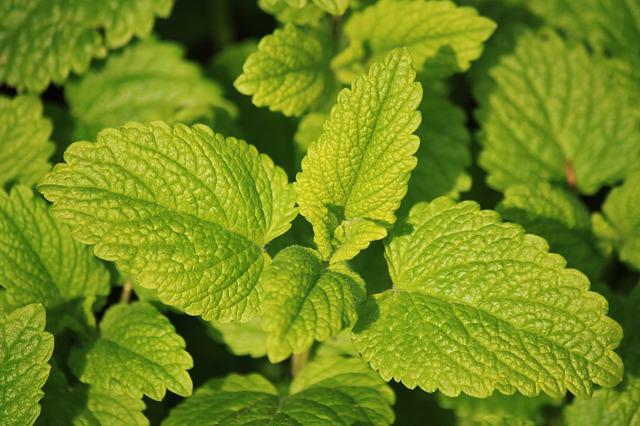
Credit: Pixabay
Lemon balm is a plant that has calming and sedative effects. It can be taken as a supplement or tea. Lemon balm can also be added to a diffuser or used in a sachet.
8. Jasmine
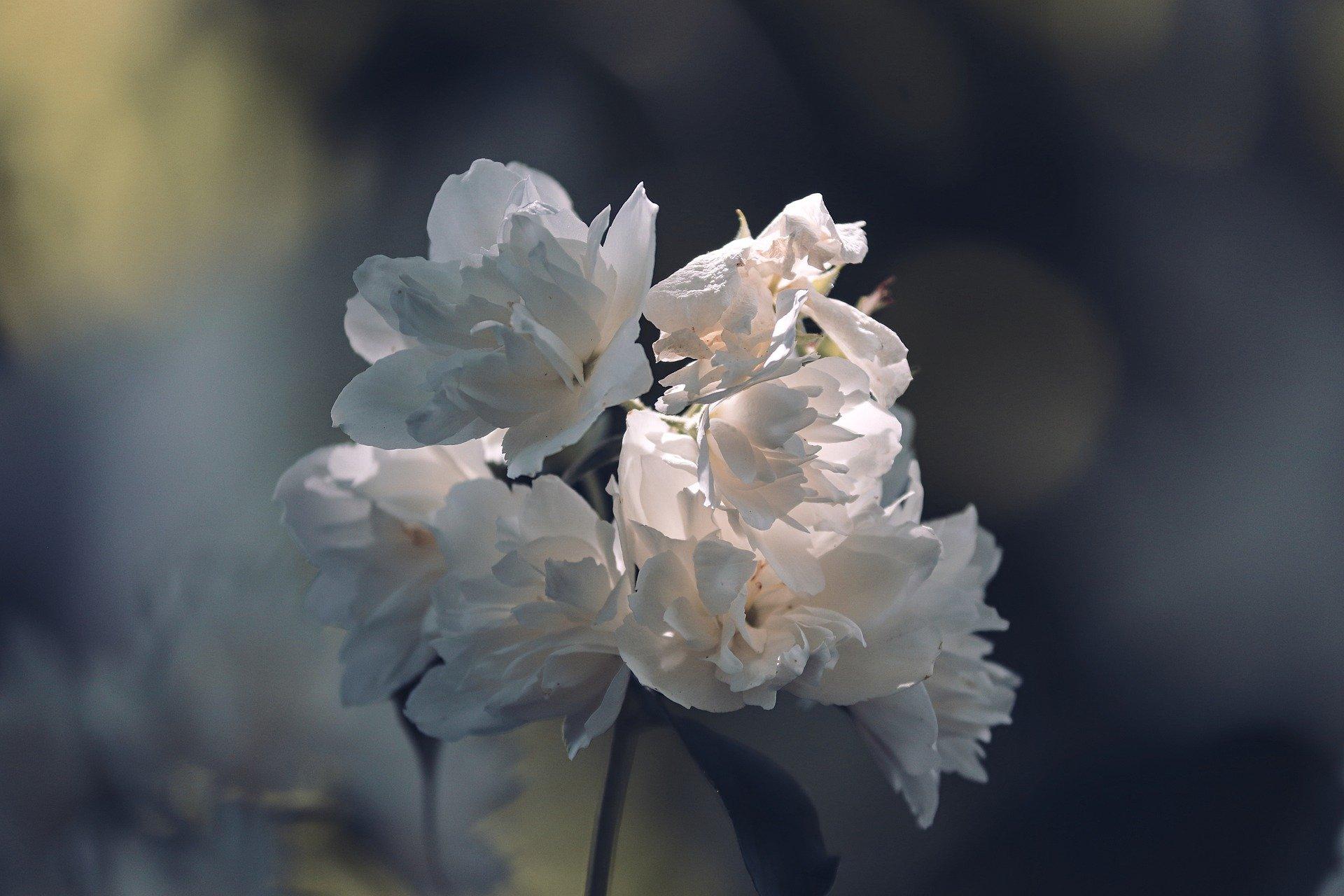
Credit: Pixabay
Jasmine is a plant that has been used for centuries to promote sleep. Jasmine can be used in several ways to promote sleep. You can add a few drops of jasmine essential oil to your diffuser, or put a jasmine sachet under your pillow. You can also grow jasmine in your bedroom.
9. Rosemary
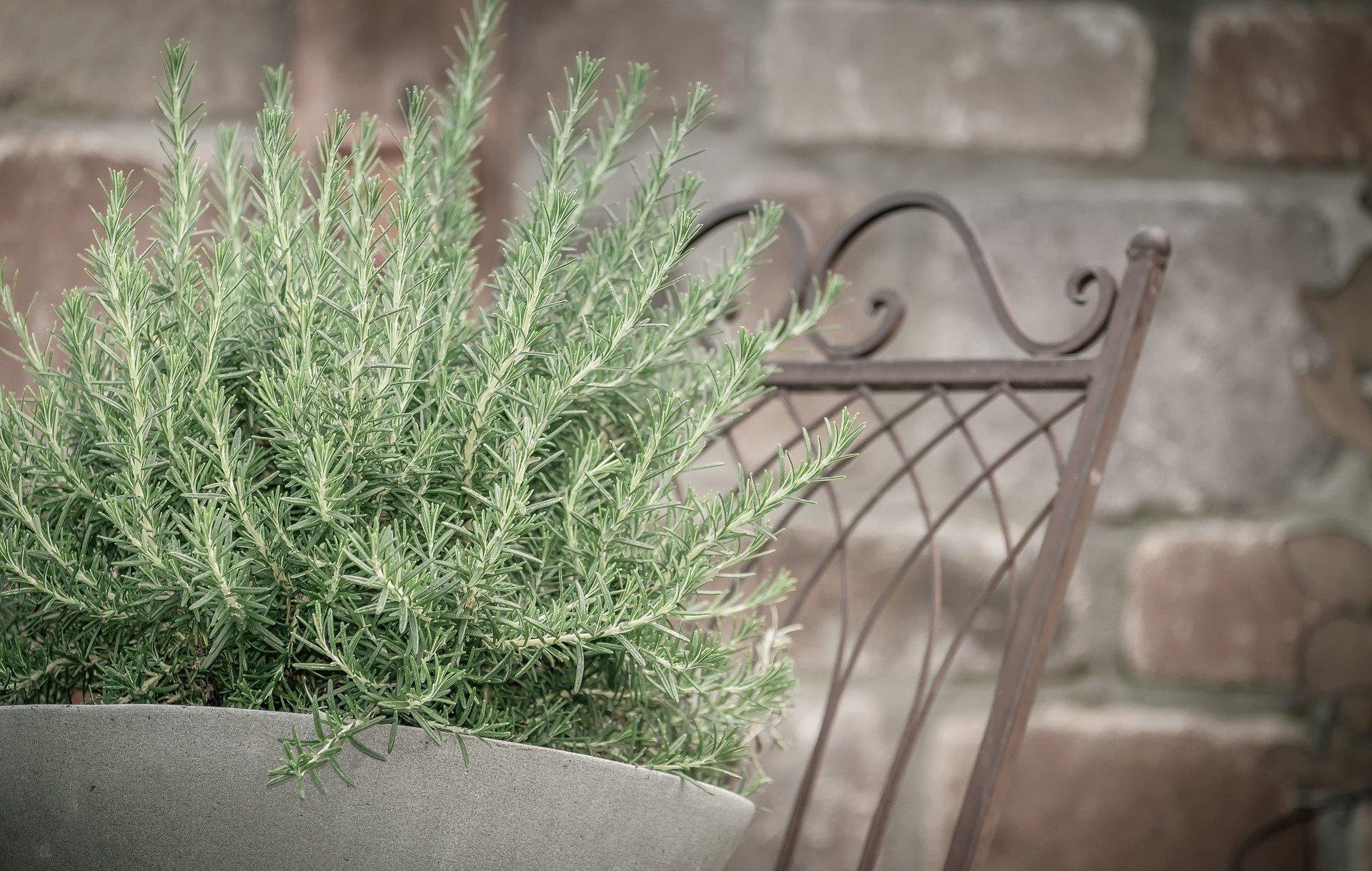
Credit: Pixabay
Rosemary is a plant that has been used for centuries to promote sleep. Rosemary can be used in several ways to promote sleep. You can add a few drops of rosemary essential oil to your diffuser, or put a rosemary sachet under your pillow. You can also grow rosemary in your bedroom.
10. St. John’s Wort
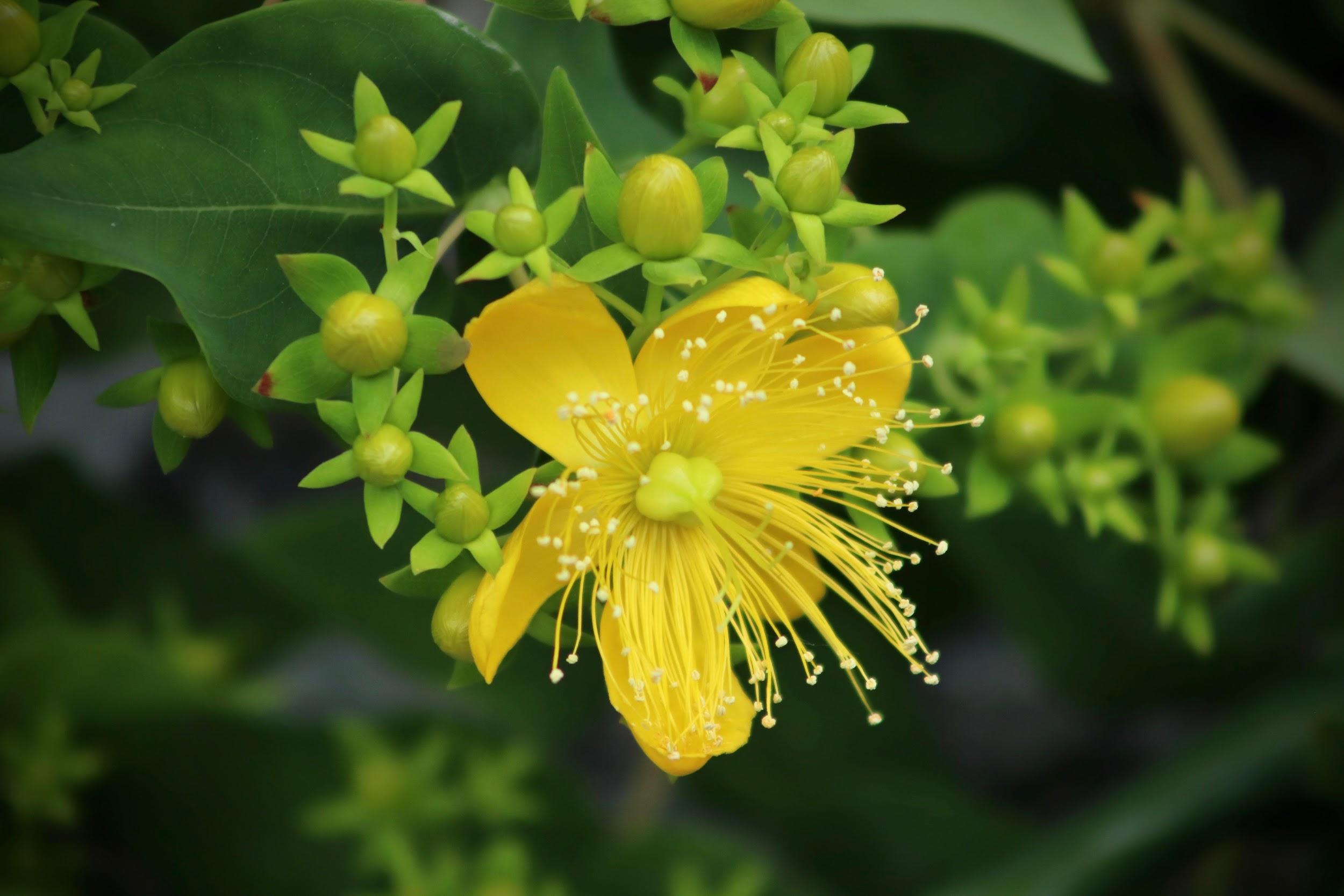
Credit: Pixabay
St. John’s wort is a plant that has been used for centuries to promote sleep. St. John’s wort can be taken as a supplement or tea. It can also be added to a diffuser or used in a sachet.
11. Aloe Vera
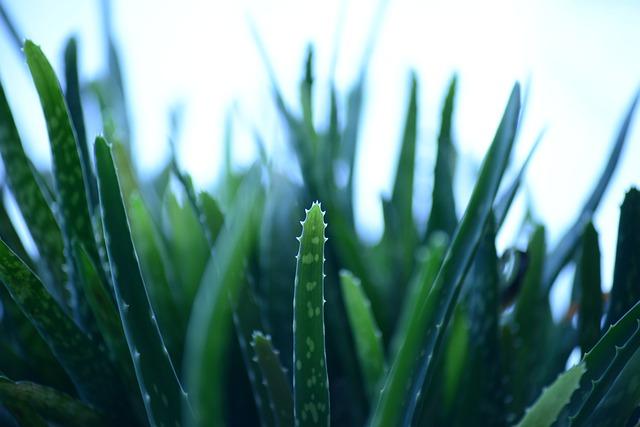
Image by PollyDot from Pixabay
Aloe Vera is a plant that is known for its healing properties. It is also known to be a natural air purifier. Aloe Vera can help you sleep more soundly by cleansing the air and providing a calming effect.
12. Snake Plant
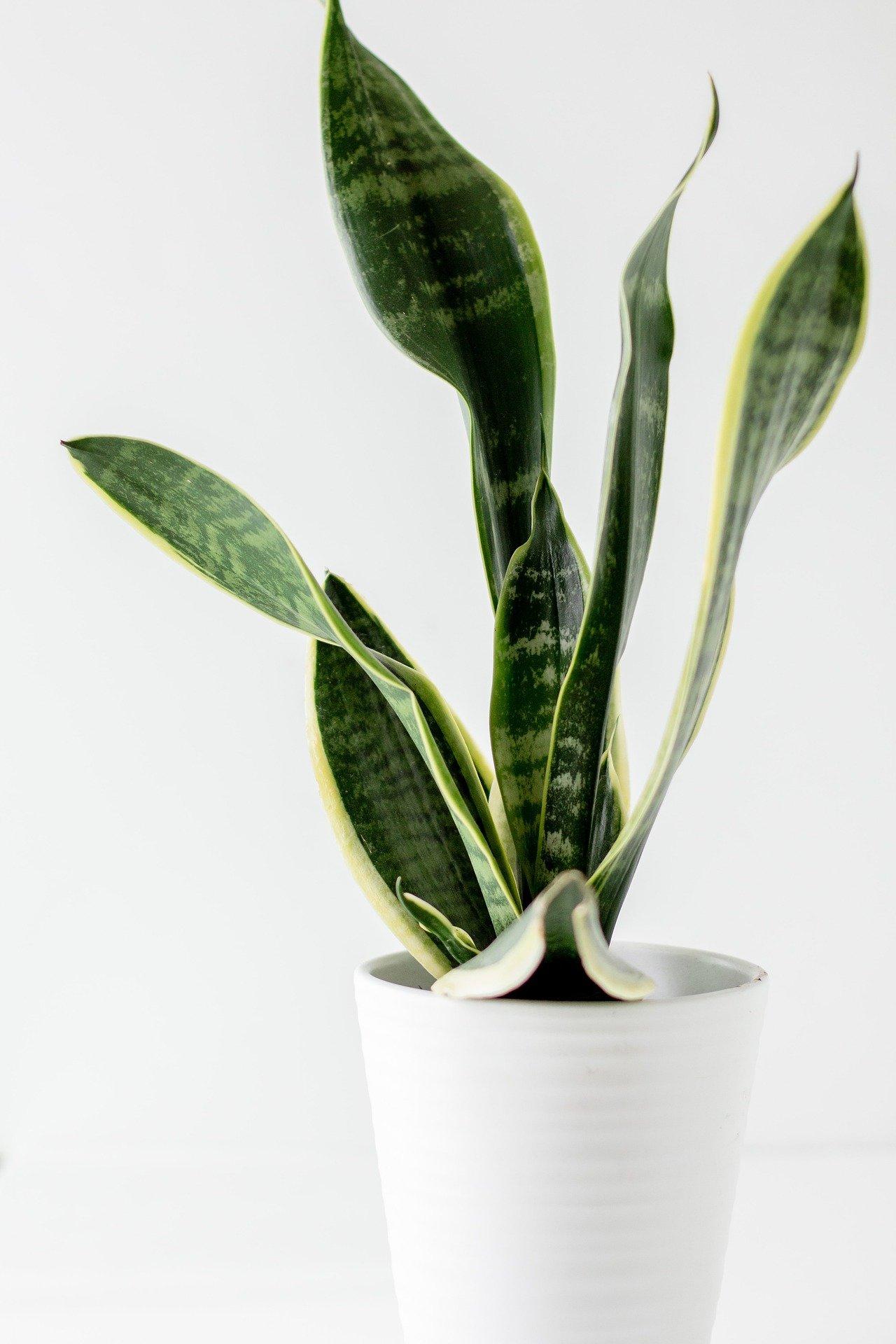
Credit: Pixabay
Snake Plant is a plant that is known for its ability to filter out toxins from the air. It is also known to be a natural air purifier. Snake Plant can help you sleep more soundly by cleansing the air and providing a calming effect.
13. Dracaena
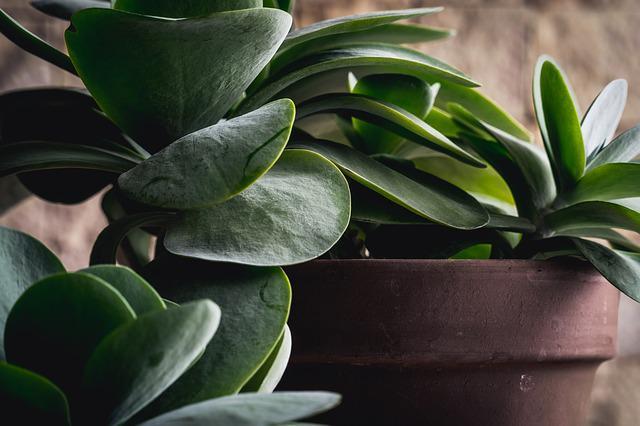
Dracaenas are a type of plant that are known for their ability to purify the air. The plants absorb carbon dioxide and release oxygen, which can help improve sleep quality. Dracaenas also require very little maintenance, making them ideal for busy people.
14. Rubber Plant
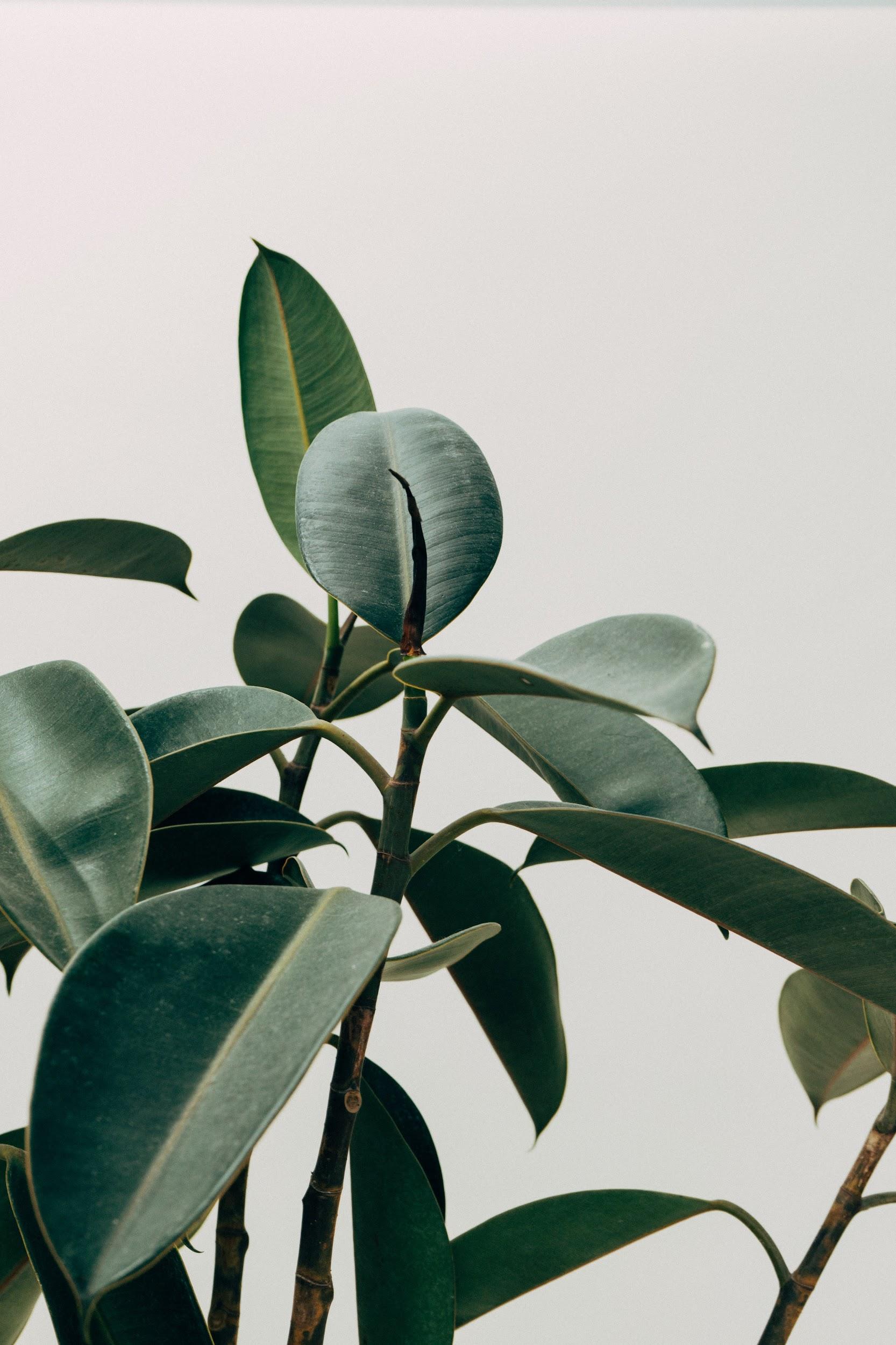
Credit: Unsplash
Rubber Plants are a type of plant that are known for their ability to purify the air. The plants absorb carbon dioxide and release oxygen, which can help improve sleep quality. Rubber Plants also require very little maintenance, making them ideal for busy people.
15. Bamboo Palms
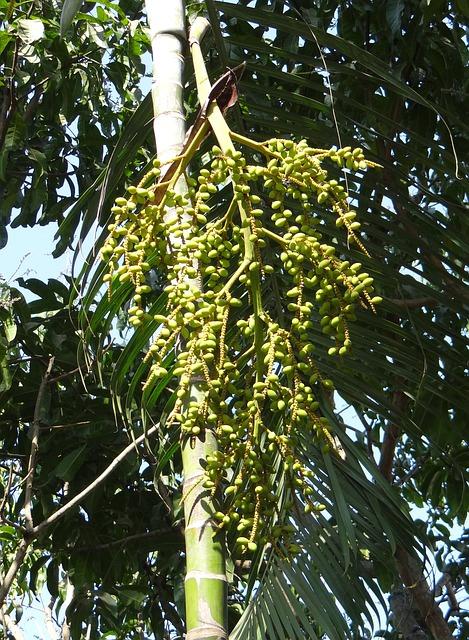
Image by Bishnu Sarangi from Pixabay
Bamboo Palms are a type of palm that are known for their ability to purify the air. The plants absorb carbon dioxide and release oxygen, which can help improve sleep quality. Bamboo Palms also require very little maintenance, making them ideal for busy people.
16. Chrysanthemums
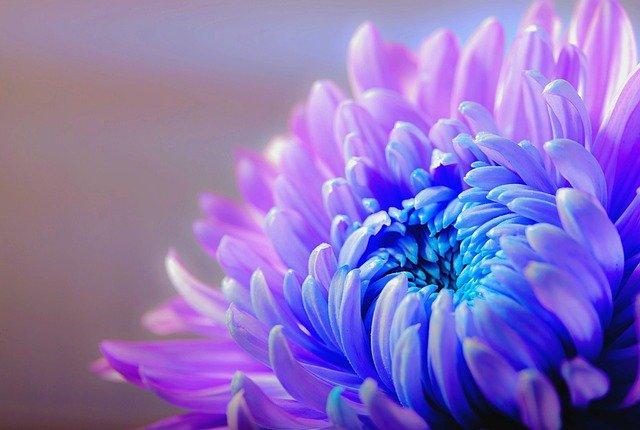
Credits: Pixabay
Chrysanthemums are flowering plants that come in a variety of colors. The plants are known for their ability to purify the air and remove toxins. Chrysanthemums can also help improve sleep quality by emitting negative ions that help reduce stress and anxiety.
17. Spider Plants
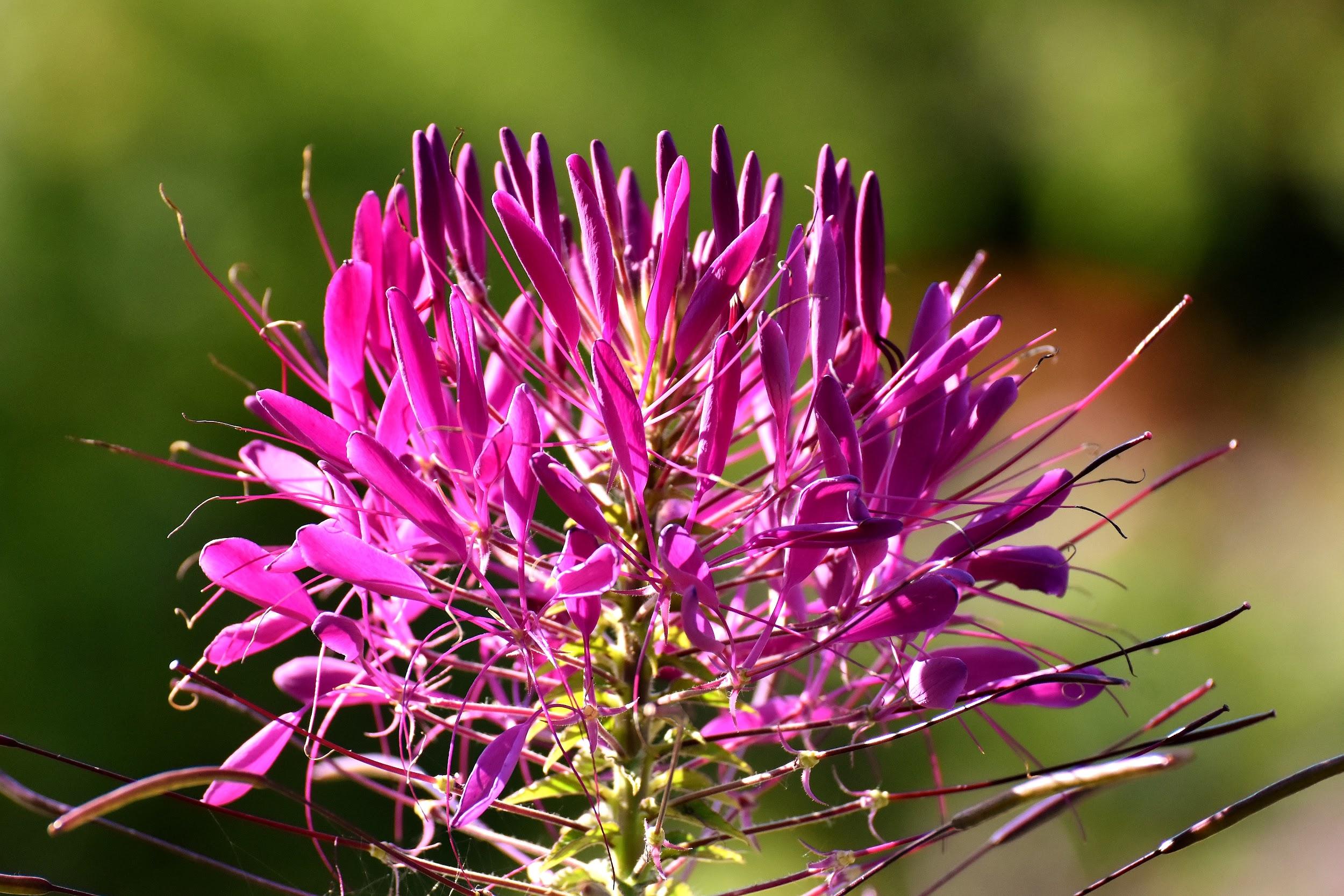
Credit: Pixabay
Spider Plants are a type of flowering plant that are known for their ability to purify the air. The plants absorb carbon dioxide and release oxygen, which can help improve sleep quality. Spider Plants also require very little maintenance, making them ideal for busy people.
18. Boston Ferns
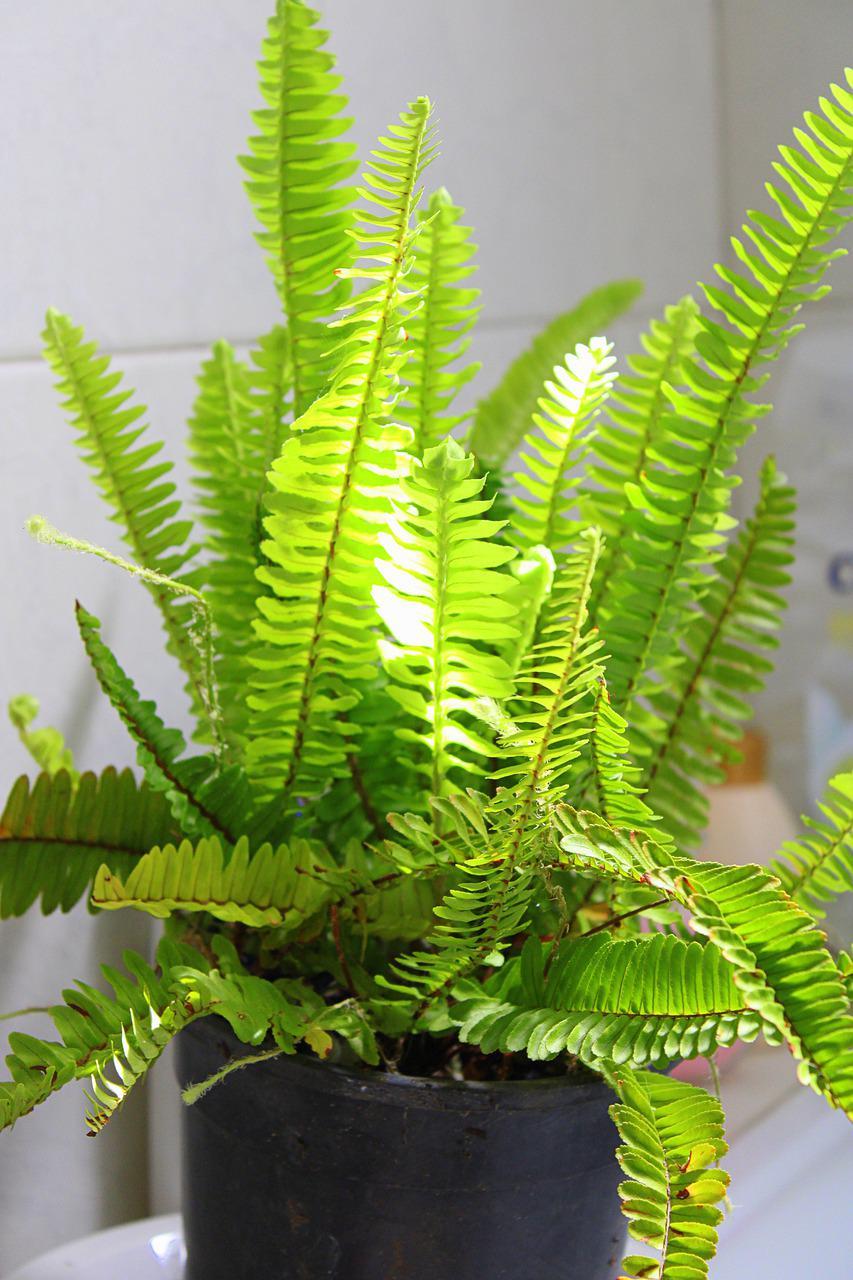
Boston Ferns are a type of fern that are known for their ability to purify the air. The plants absorb carbon dioxide and release oxygen, which can help improve sleep quality. Boston Ferns also require very little maintenance, making them ideal for busy people.
How Indoor Plants Induce Sleep
Indoor plants are not only aesthetically pleasing, but they can also promote better sleep. Several studies have shown that indoor plants can help reduce stress and anxiety, and promote a sense of calm. Here are some of the best indoor plants for better sleep:
- Lavender is a popular herb known for its Relaxing and calming aromatherapy benefits. A study published in the Journal of Alternative and Complementary Medicine found that lavender oil can help promote better sleep.
- Jasmine is another plant with Relaxing properties. A study published in the journal Physiology & Behavior found that jasmine oil can help reduce anxiety and improve sleep quality.
- Valerian is a flowering plant that has been used for centuries to treat anxiety and insomnia. A review of studies published in the Journal of Ethnopharmacology found that valerian can help improve sleep quality.
- Chamomile is a popular herbal tea that has long been used as a natural remedy for anxiety and insomnia. A review of studies published in the journal Phytomedicine found that chamomile can help improve sleep quality.
- Lemon Balm: Lemon balm is a lemon-scented herb that has Relaxing properties. A study published in the Journal of Ethnopharmacology found that lemon balm can help improve sleep quality.
- Passionflower: Passionflower is a vine with Relaxing properties. A review of studies published in the journal Phytotherapy Research found that passionflower can help improve sleep quality.
- Magnolia: Magnolia is a flowering plant that has Relaxing properties. A study published in the journal BMC Complementary and Alternative Medicine found that magnolia bark extract can help improve sleep quality.
- Green Tea: Green tea is a popular beverage that contains the amino acid L-theanine, which has Relaxing properties. A study published in the journal Biological Psychology found that L-theanine can help improve sleep quality.
The Top 10 Sleep-inducing Plants For Your Bedroom
- Aloe Vera
- Lavender
- Snake Plant
- Jasmine
- Rosemary
- Chamomile
- Valerian
- Lemon Balm
- Passionflower
- Magnolia
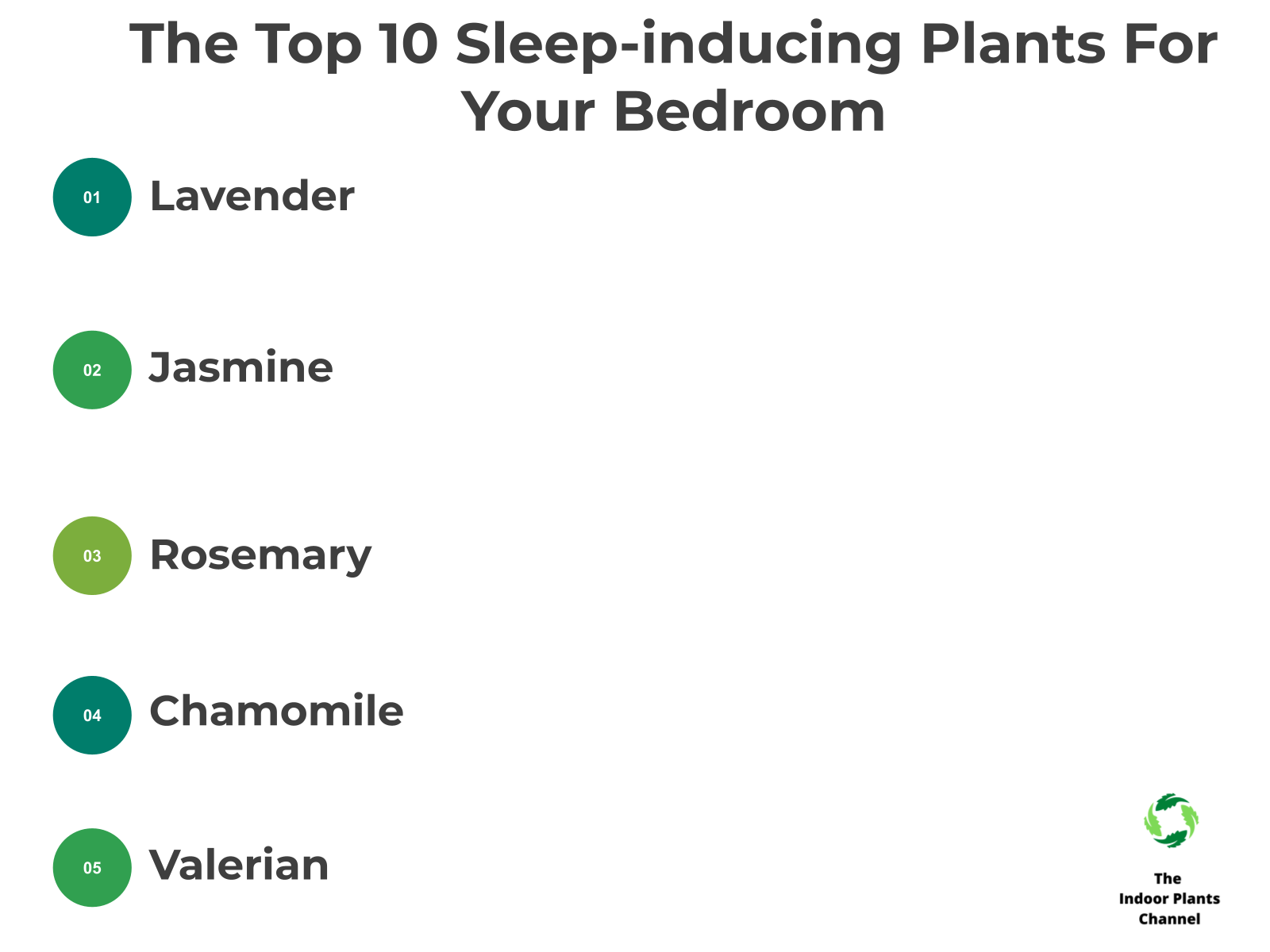
The Sleep-enhancing Properties Of Certain Indoor Plants
It is a well-known fact that a good night’s sleep is essential for our overall health and wellbeing. However, for many of us, getting a good night’s sleep is easier said than done. Luckily, there are a few things we can do to help ourselves get a better night’s sleep, including adding some sleep-enhancing plants to our bedrooms.
There are a few different plants that have been shown to help improve sleep quality, including lavender, jasmine, and chamomile.
Lavender is a popular choice for many people, as it has a calming and relaxing scent.
Jasmine is another good option, as its floral scent has been shown to help reduce anxiety and promote relaxation.
Chamomile, meanwhile, is a great choice if you’re struggling with insomnia, as it has mild sedative properties.
Top 10 Plants To Help Insomniacs Sleep
1. Valerian
Valerian is a flowering plant that is native to Europe and Asia. It has been used for centuries as a natural remedy for insomnia and anxiety. The herb works by increasing levels of gamma aminobutyric acid (GABA) in the brain, which is a neurotransmitter that promotes relaxation. A 2008 study found that valerian was effective in improving sleep quality in people with insomnia.
2. Chamomile
Chamomile is a soothing herb that has long been used as a natural remedy for insomnia. The herb works by increasing levels of the neurotransmitter GABA in the brain, which promotes relaxation. Chamomile tea is a popular way to consume the herb, but it can also be taken in capsule form. A 2016 study found that chamomile was effective in improving sleep quality in people with insomnia.
3. Lemon Balm
Lemon balm is a lemon-scented herb that belongs to the mint family. It has been used for centuries as a natural remedy for anxiety and insomnia. The herb works by increasing levels of the neurotransmitter GABA in the brain, which promotes relaxation. Lemon balm can be consumed in tea or capsule form. A 2016 study found that lemon balm was effective in reducing anxiety and improving sleep quality in people with insomnia.
4. Passionflower
Passionflower is a climbing vine that is native to the Amazon rainforest. It has been used for centuries as a natural remedy for anxiety and insomnia. The herb works by increasing levels of the neurotransmitter GABA in the brain, which promotes relaxation. Passionflower can be consumed in tea or capsule form. A 2011 study found that passionflower was effective in reducing anxiety and improving sleep quality in people with insomnia.
5. Hops
Hops are the female flowers of the hop plant, which is used to flavor beer. Hops have long been used as a natural remedy for anxiety and insomnia. The herb works by increasing levels of the neurotransmitter GABA in the brain, which promotes relaxation. Hops can be consumed in tea or capsule form. A 2016 study found that hops were effective in reducing anxiety and improving sleep quality in people with insomnia.
6. Lavender
Lavender is a fragrant herb that is native to the Mediterranean region. It has been used for centuries as a natural remedy for anxiety and insomnia. The herb works by increasing levels of the neurotransmitter GABA in the brain, which promotes relaxation. Lavender can be consumed in tea or capsule form. A 2016 study found that lavender was effective in reducing anxiety and improving sleep quality in people with insomnia.
7. Jasmine
Jasmine is a fragrant flower that is native to Asia. It has long been used as a natural remedy for insomnia. The flower works by increasing levels of the neurotransmitter GABA in the brain, which promotes relaxation. Jasmine can be consumed in tea or capsule form. A 2016 study found that jasmine was effective in improving sleep quality in people with insomnia.
8. Nutmeg
Nutmeg is a spice that is native to Indonesia. It has been used for centuries as a natural remedy for insomnia. The spice works by increasing levels of the neurotransmitter GABA in the brain, which promotes relaxation. Nutmeg can be consumed in tea or capsule form. A 2016 study found that nutmeg was effective in improving sleep quality in people with insomnia.
9. Skullcap
Skullcap is an herb that is known for its calming properties. It’s often used in herbal teas to help reduce stress and anxiety. Skullcap can also help you sleep better by increasing the levels of GABA in your brain. GABA is a neurotransmitter that promotes relaxation.
10. Green tea
Green tea is a type of tea that is made from the leaves of the Camellia sinensis plant. Green tea contains the amino acid L-theanine, which has been shown to promote relaxation. A 2010 study found that green tea was effective in improving sleep quality in people with insomnia.
The Best Plants To Place In Your Bedroom For A Restful Sleep
There are a few key things to keep in mind when choosing plants for your bedroom.
- Ensure that the plants are non-toxic to both humans and pets.
- You’ll want to consider the size and placement of the plants.
- You’ll want to choose plants that will help purify the air and create a calm atmosphere.
With that in mind, here are some of the best plants to place in your bedroom for a restful sleep:
- Aloe Vera
- Lavender
- Snake Plant
- Spider plant
- Peace Lily
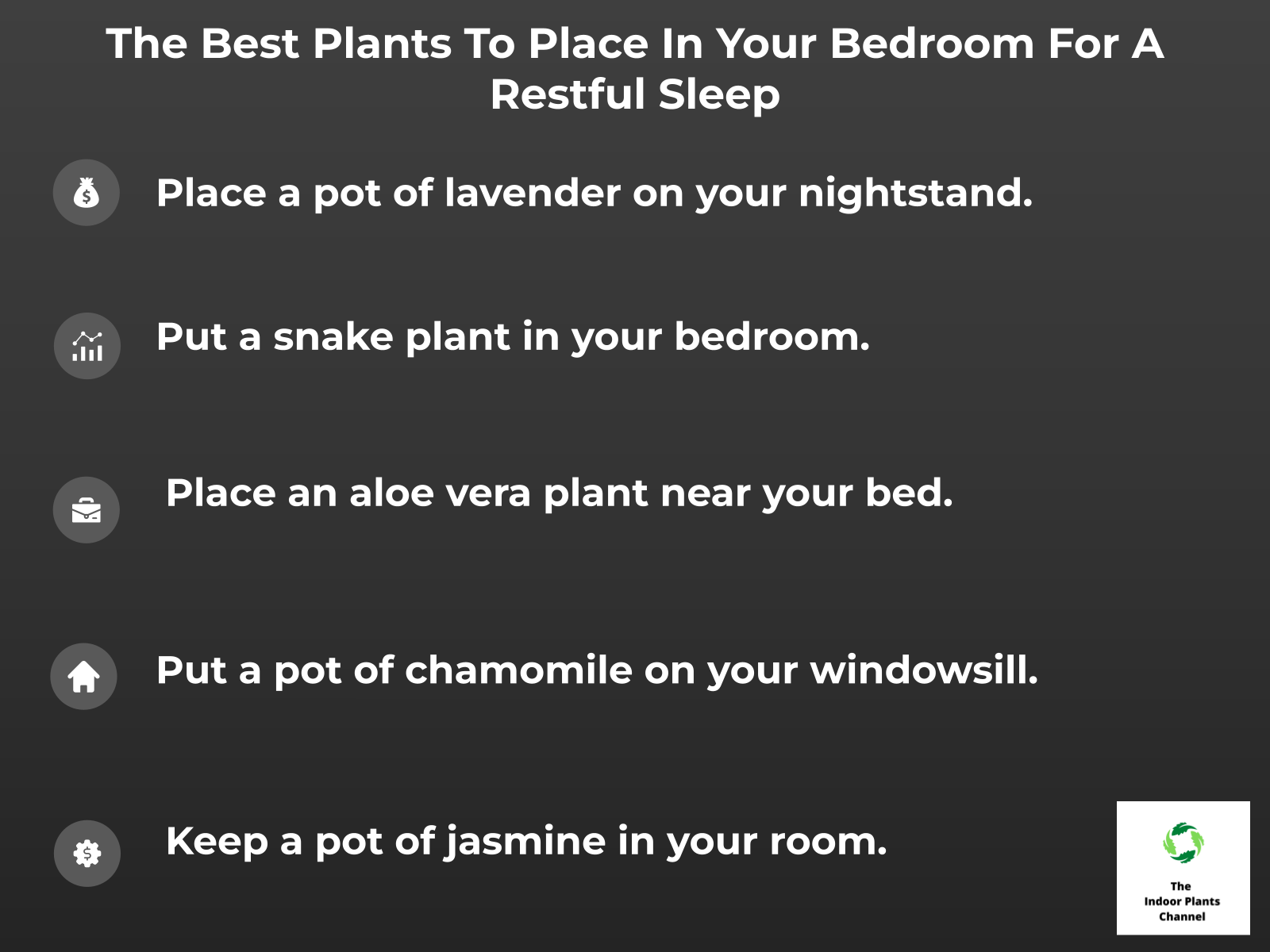
Quick Tips
- Avoid caffeine before bed.
- Establish a regular sleep schedule.
- Keep your bedroom cool, dark, and quiet.
- Get some exercise during the day.
- Avoid working or using electronic devices in bed.
- Relax before bedtime with some gentle stretching or relaxation exercises.
- Consider trying an herbal tea before bed.
- Place a few drops of lavender oil on your pillow.
Conclusion
If you’re looking for a way to improve your sleep quality, consider adding some of these plants to your bedroom. Not only will they help you sleep more soundly, but they’ll also purify the air and improve your overall health. So what are you waiting for? Give these plants a try and see for yourself!
Michelle Wilde
Related posts
13 Comments
Leave a Reply Cancel reply
![]()
About Michelle Wilde
Michelle Wilde is a stay-at-home mom and avid plant lover. Armed with a post-graduate degree in Computer Science (no kidding!), she loves researching plants and landscapes. When she is not caring for her 4 kids, she spends time on her passion for plants. She blogs at www.indoorplantschannel.com, the trusted source for indoor plants.
Learn more
Subscribe
* You will receive the latest posts and updates about indoor plants!
Search
Recent Posts
Categories
- Beginner Guides (10)
- FAQ (206)
- General (2)
- How-To Guides (212)
- Indoor Plants (214)
- Pest Management (2)
- Plant Problem Solutions (4)
- Seasonal Growing (2)
- Specialized Environments (2)
- Specific Plant Care (3)
- Technical Growing (2)
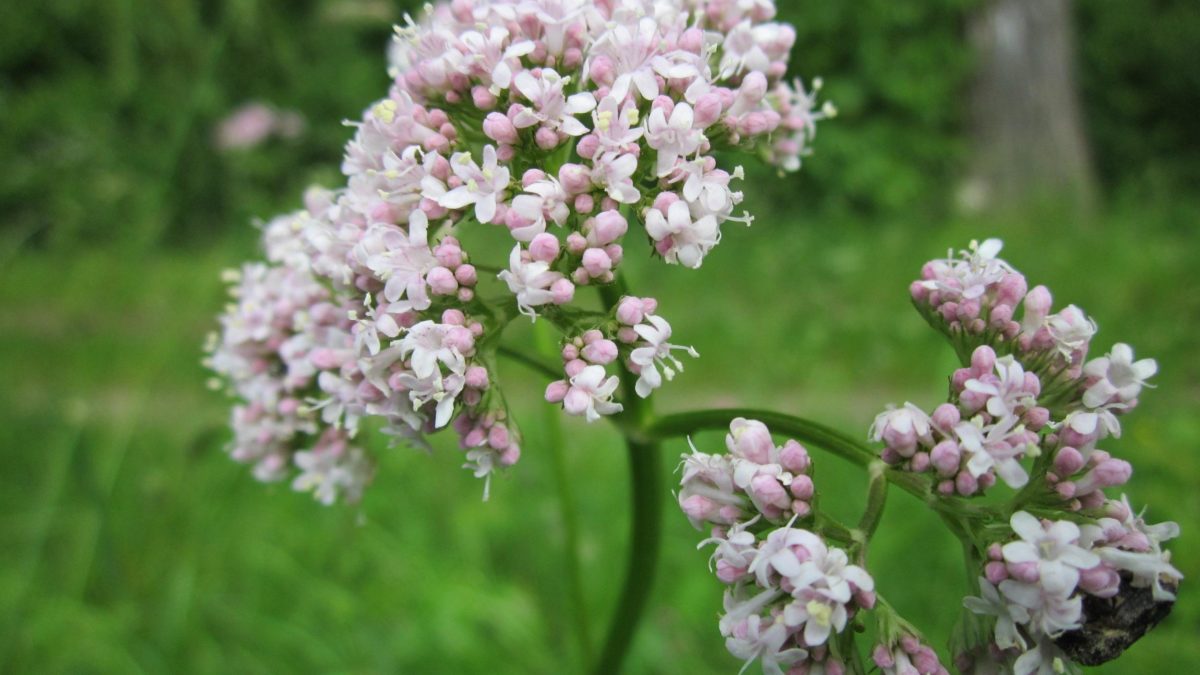
[…] If you’re struggling to get a good night’s sleep, you may be surprised to learn that there are certain plants that can help. In this blog post, we’ll share five of the best plants for promoting sleep. […]
[…] for a natural way to improve your sleep? Consider adding some of these indoor plants to your bedroom for better […]
[…] There are a variety of plants that are known to be effective for promoting sleep, so you can choose the ones that best fit your needs and style. If you’re not sure where to start, here are a few of our favorite plants for better sleep. […]
[…] you’re looking for a natural way to improve your sleep, consider adding some of these indoor plants to your […]
[…] whether indoor plants sleep at night? This post has everything you need to know. So without further ado, lets get started […]
[…] better? This plant emits oxygen at night, which can help to reduce stress and promote a restful night’s sleep. They are ideal plants to place in the […]
[…] Sleep hygiene is a set of habits that can help you get a good night’s sleep. Some sleep hygiene practices include avoiding caffeine and alcohol before bed, establishing a regular sleep schedule, and creating a calm and relaxing sleep environment. […]
[…] find that you sleep better with some greenery in your room. Hence, we’ve highlighted the best indoor plants that are effective for sleep […]
[…] a better night’s sleep by incorporating some plants into your […]
[…] with your mood-enhancing plants. Do you want to feel more relaxed? Improve your focus? Get a better night’s sleep? Once you know your goal, you can narrow down your plant […]
[…] great benefit of indoor plants is that they can help you to sleep better at night. Plants can help to reduce levels of stress and anxiety, which can lead to improved sleep. If […]
[…] If you’re not sure which plant to choose, ask your doctor or a local nursery for advice. Once you’ve selected a plant, be sure to keep it in a spot where you’ll be able to see and smell it easily. Water it regularly, and give it some sunlight each day. With a little care, your new plants will help you to get a good night’s sleep. […]
[…] Make a lavender-infused pillow spray by adding a few drops of lavender oil to a small spray bottle filled with water. Spray it on your pillow before going to bed for a restful night’s sleep. […]